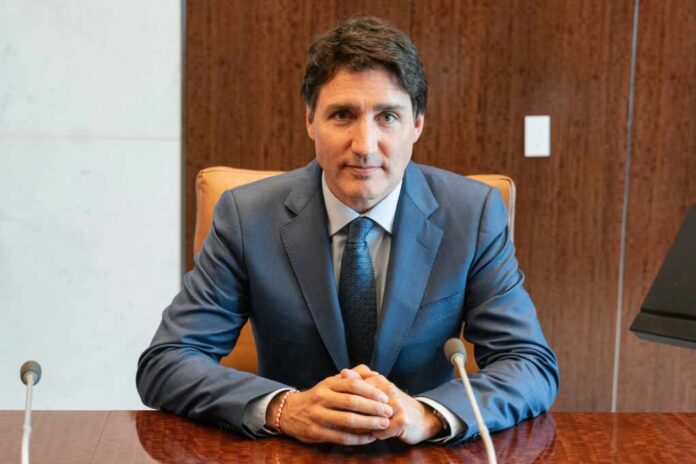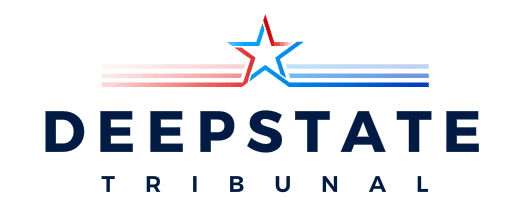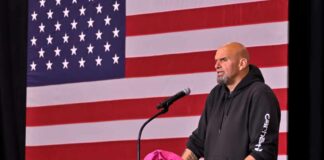
Elon Musk has called out Canadian Prime Minister Justin Trudeau for planning to regulate and censor free speech among Canadian citizens. “Trudeau is trying to crush free speech in Canada. Shameful,” Musk noted.
Trudeau is trying to crush free speech in Canada. Shameful. https://t.co/oHFFvyBGxu
— Elon Musk (@elonmusk) October 1, 2023
Musk’s harsh words came as a reaction to a post by Glenn Greenwald, which stated, “The Canadian government, armed with one of the world’s most repressive online censorship schemes, announces that all ‘online streaming services that offer podcasts’ must formally register with the government to permit regulatory controls…”
Greenwald’s words were no exaggeration. The Canadian Radio-television and Telecommunications Commission has published a new plan to regulate more media — potentially even at the levels of everyday users and their opinions.
Many agreed with Musk, including Jeffrey A. Tucker, who stated, “They really are trying to end free speech.”
They really are trying to end free speech
— Jeffrey A Tucker (@jeffreyatucker) October 1, 2023
Trudeau has been hard at work crushing free speech and freedom of expression in Canada for awhile now.
Remember Trudeau’s internet censorship bill, C-11, that became law earlier this year? Even Google criticized it. It subjects digital content creators to regulation by the…
— Julia 🇺🇸 (@Jules31415) October 1, 2023
Others questioned why Musk took issue with regulatory agencies adapting to the times the same way that network television and radio have been monitored for years.
What's the big deal here?
ISPs, TV providers, radio stations, and TV stations, all have to register according to the current rules.
Streaming services wanted to be taken as seriously as the legacy platforms, well it's normal that they have to abide by the same rules.
— Eric Lacasse (@ericlacasse) October 1, 2023
At this time, the new rules would only apply to entities that are making gross sales in excess of $10,000,000. But who knows what the future holds.
For those who are impacted, they’ll have to divulge details about their businesses, as well as complete a registration form with the CRTC by November 28, 2023.
Musk’s platform, X — formerly known as Twitter — is one of many that allow users to host podcasts. On X, they’re called Twitter Spaces. Further regulation by Trudeau will only trickle down to hurt enterprises like X – which has become known for being the free-est digital space for large-scale free speech. Eventually, such regulations could impact smaller businesses trying to make a name for themselves in a saturated market.
Still, censorship is censorship — no matter how much money any business or individual makes.
Currently, only businesses offering podcasts that meet the benchmarks mentioned above will have to abide by the new regulation. Users who merely listen to podcasts will not have to register. Nonetheless, the future is ripe with possibilities where censorship is concerned.





























